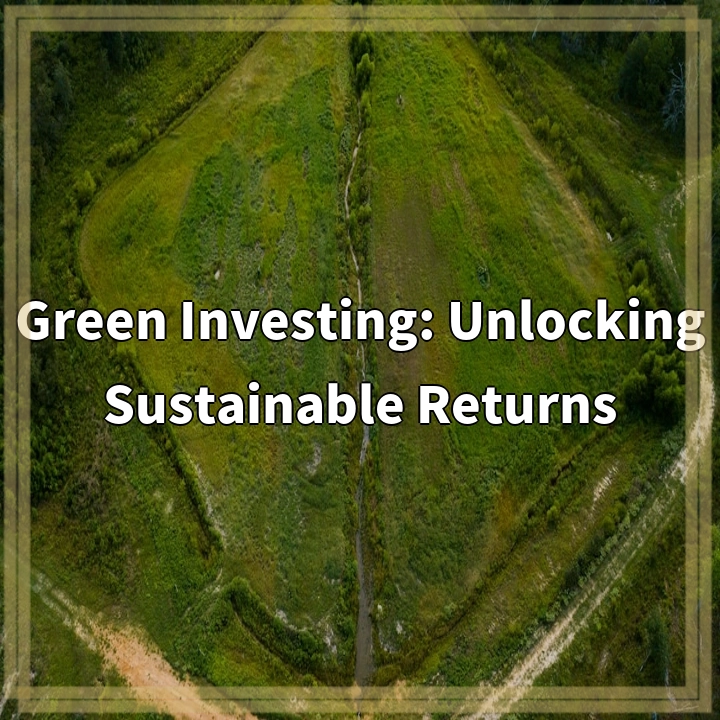Physical Address
304 North Cardinal St.
Dorchester Center, MA 02124
Physical Address
304 North Cardinal St.
Dorchester Center, MA 02124

Green investing refers to the practice of investing capital in companies, organizations, or projects that have a positive impact on the environment and are committed to sustainable practices. It involves considering environmental, social, and governance (ESG) factors alongside financial performance when making investment decisions.
While green investing offers numerous benefits, there are some challenges and real-world problems that need to be addressed.
One of the major hurdles in green investing is the lack of a universally accepted standard for determining what qualifies as “green.” This makes it difficult for investors to compare and evaluate different investment opportunities on their environmental impact.
Greenwashing refers to the practice of misleadingly promoting a company or investment as environmentally friendly when, in reality, it has a minimal positive impact on the environment. This makes it challenging for investors to distinguish between genuine green investments and those that are merely using environmental claims for marketing purposes.
Despite the growing demand for green investments, the number of available investment options remains limited. This can make it difficult for investors to find suitable opportunities that align with their sustainability goals and financial objectives.
Like any investment, green investments are subject to market volatility and risks. The renewable energy sector, for example, can face regulatory changes, technological advancements, and fluctuations in energy prices, which can impact the financial performance and viability of green investment projects.
To address the challenges associated with green investing, several solutions can be implemented:
Efforts need to be made to establish clear and universally accepted standards and criteria for determining what qualifies as a green investment. This could involve the development of industry-wide guidelines or the implementation of regulatory frameworks that provide transparency and consistency.
To combat greenwashing, regulations and disclosure requirements should be strengthened. This can include stricter enforcement of existing regulations and the introduction of penalties for false or misleading environmental claims. Increased transparency through standardized reporting and verification can help investors accurately assess the environmental impact of investment opportunities.
To address the limited availability of green investment options, there is a need for increased investment in sustainable industries and initiatives. This can be achieved through government incentives, subsidies, and support for renewable energy projects, sustainable infrastructure development, and green innovation. Encouraging collaboration between investors and entrepreneurs can also help foster the growth of new sustainable businesses.
To mitigate the risks associated with green investments, diversification of investment portfolios can be beneficial. By spreading investments across different sectors and geographic regions, the impact of volatility in any one area can be minimized. Additionally, thorough due diligence and assessment of risk factors specific to green technologies or industries can help investors make informed decisions and manage potential risks effectively.
Overall, addressing the challenges and implementing these solutions can unlock the full potential of green investing, enabling investors to generate sustainable returns while making a positive impact on the environment.
If you’re wondering where the article came from!
#